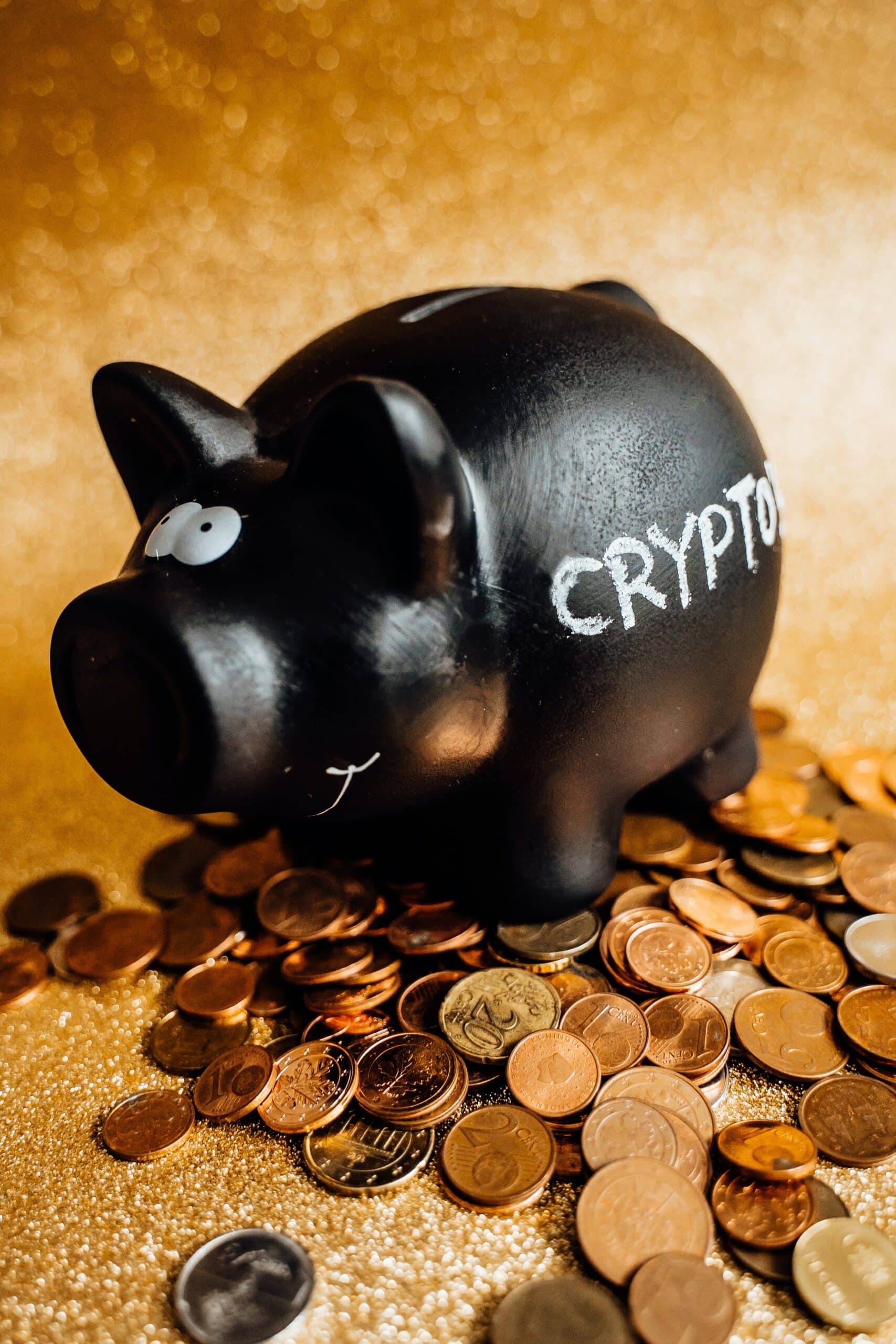The first cryptocurrency insider trading case involving a Coinbase executive, Ishan Wahi, has caught the world’s attention. With the cryptocurrency industry growing rapidly, this case has set the precedent for future investigations into insider trading in the crypto market. In this article, we delve into the case details, the key players involved, and the implications this has on the industry.
Background
Coinbase is one of the largest cryptocurrency exchanges in the world, allowing users to acquire, exchange, and sell various crypto assets through online user accounts. The company periodically adds new crypto assets to its exchange, and the market value of these assets typically increases significantly after Coinbase announces its listing. Coinbase keeps such information strictly confidential to maintain the market’s integrity and prohibits its employees from sharing it with others.
The Accused: Ishan Wahi, Nikhil Wahi, and Sameer Ramani
Ishan Wahi, a former Coinbase product manager, was involved in the highly confidential process of listing crypto assets on Coinbase’s exchanges. Along with his brother Nikhil and their friend Sameer Ramani, Ishan has been accused of insider trading. The case, SEC v. Wahi, is led by US Attorney Damian Williams and filed by SEC litigants Daniel Maher and Peter Lallas in the United States District Court for the Western District of Washington’s Seattle division. Both Ishan and Nikhil Wahi have pled guilty, while Ramani remains at large.
The Alleged Insider Trading Scheme
Between June 2021 and April 2022, Ishan Wahi is believed to have violated his duties of trust and confidence to Coinbase by providing confidential business information to his brother Nikhil and their friend Sameer Ramani. This information included details about upcoming Coinbase crypto asset listings, enabling the trio to make profitable trades before the company’s listing announcements.
The insider trading scheme allegedly allowed the three men to make $1.5 million by trading 55 digital assets ahead of the listing announcements. After the public listing announcements, Nikhil Wahi and Ramani sold the crypto assets for a profit.
Attempt to Flee and Arrest
In May 2022, Ishan Wahi was informed of an in-person meeting relating to Coinbase’s asset listing process at the company’s Seattle office. However, the evening before the meeting, he purchased a one-way flight to India, which was scheduled to depart shortly before the interview. Law enforcement stopped Wahi before he could board the flight, preventing him from leaving the country.
Sentencing and Penalties
Ishan Wahi was sentenced to two years in prison after pleading guilty to two counts of conspiracy to commit wire fraud. He was also ordered to forfeit various crypto assets he received in connection with the scheme. His brother, Nikhil Wahi, was sentenced to 10 months in prison after pleading guilty to a wire fraud conspiracy charge. Sameer Ramani remains at large.
SEC Settlement and Coinbase’s Stance
Ishan Wahi has agreed in principle to settle the claims with the U.S. Securities and Exchange Commission (SEC), while Nikhil Wahi and the SEC are also in settlement talks. Coinbase has stated that it does not list any securities, distancing itself from the insider trading allegations involving its former employee.
Implications for the Cryptocurrency Industry
The first cryptocurrency inside trading case warns the rapidly growing industry that insider trading will not go unnoticed or unpunished. As the crypto market continues to expand and gain legitimacy, regulatory scrutiny will increase, and companies must ensure their employees adhere to strict ethical standards to maintain market integrity.
Legal Precedent and Future Cases
The case against the Wahi brothers and Ramani sets a legal precedent for future insider trading cases involving cryptocurrencies. It’s exciting to see that the U.S. Justice Department has the power to go after fraudsters who use deceit to make money, no matter what kind of asset they’re dealing with. This sends a powerful message that no one is above the law when it comes to financial crimes.. This gives the Justice Department more latitude to go after crypto-related wrongdoing than the SEC, which is limited to policing the securities markets.
Conclusion
The first cryptocurrency insider trading case involving Coinbase executive Ishan Wahi highlights the growing need for transparency and ethical standards in the burgeoning crypto market. As the industry matures, companies and individuals must ensure compliance with regulations and maintain the market’s integrity. The case against Ishan Wahi, Nikhil Wahi, and Sameer Ramani is a stark reminder of the consequences of insider trading and the importance of upholding ethical practices in the world of cryptocurrencies.







